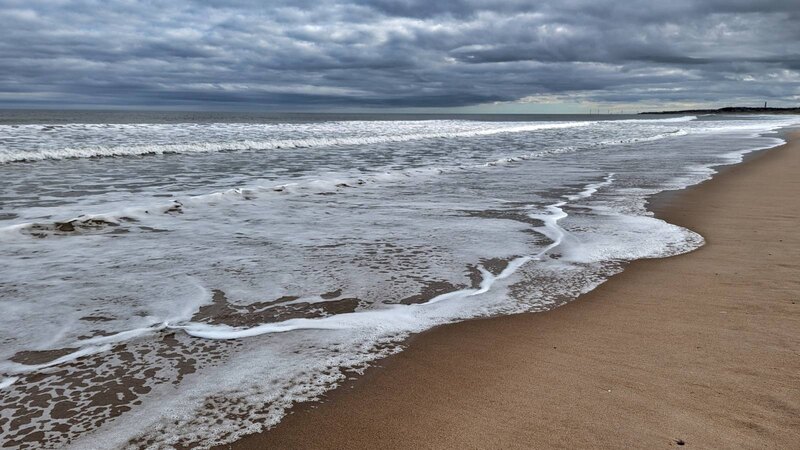5 reasons why microcredentials are not Open Badges in name, spirit, or ethos

I was talking with someone today who reflected that Open Badges effectively lost its theoretical underpinnings when Mozilla handed over stewardship of the standard in 2017. I think this is true, which is why Open Recognition is a much more interesting space to be now than the monoculture than is microcredentialing.
This post outlines some of what I think has been lost in terms of the extremely fertile period of time from 2011 until 2016. For those not aware, I was involved in the Mozilla community around badges from mid-2011, went to work on the Mozilla Open Badges team, became their Web Literacy Lead, and then have consulted on badge-related projects since leaving Mozilla in 2015.
Here’s my list of how microcredentialing has taken us away from the original vision, especially compared to the Open Badges white paper and subsequent work by Mozilla, HASTAC, and the Connected Learning Alliance:
- Centralisation — the Open Badges ecosystem was designed to be a decentralised system based on ‘backpacks’. An zeal for control has led to centralised control over the issuing, validation, and management of badges. This has had a negative impact on the diversity of issuers and issuing platforms.
- Limited interoperability — despite interoperability being baked into the Open Badges standard, some of the more corporate and large-scale badge issuing platforms have gone out of their way to reduce the value this feature. .
- Narrow focus on job skills — Open Badges were supposed to recognise that learning happens everywhere, particularly outside traditional formal education settings. However, microcredentials are earned almost exclusively for skills which may be useful in the world of work, and issued by institutions and companies. This undervalues the importance of informal learning experiences and overlooks other important aspects of personal and professional growth.
- Commercialisation — some organisations have taken a profit-driven approach to microcredentials, emphasising ‘brand value’ and revenue generation over accessibility and openness. This not only limits the availability of free or low-cost learning opportunities, but undermines the original intent of the Open Badges system.
- Barrier to entry — the original vision was that anyone could create, issue, and share badges. However, some microcredential platforms have established barriers to entry, such as fees or partnership requirements, which can make it difficult for smaller organisations or individuals educators to participate in the ecosystem.
The people remaining loyal to the original, revolutionary vision of badges are all talking about Open Recognition these days. Microcredentials are ‘dead metaphors‘ which lack power in terms of human agency and individuals and communities being able to tell their story.
I’m looking forward to continuing to fight the good fight.
Image: cropped screenshot taken from homonym.ca


